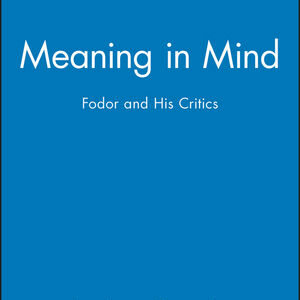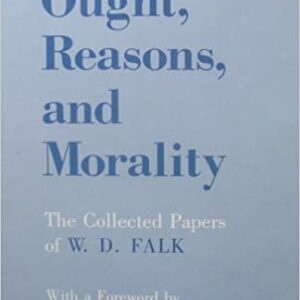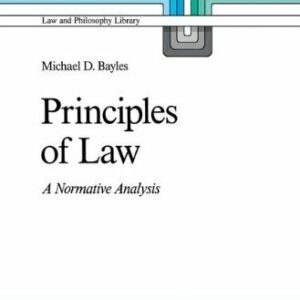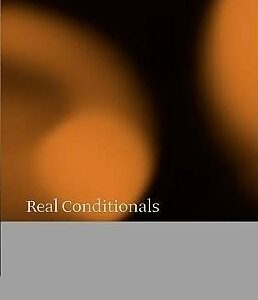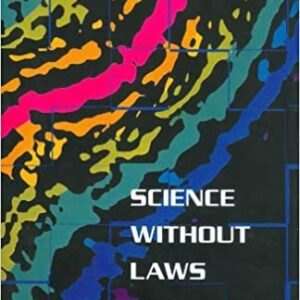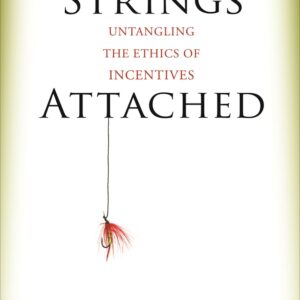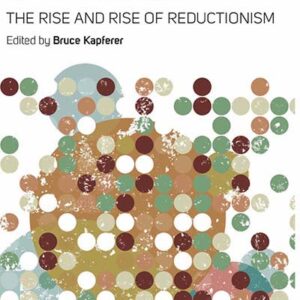
Joyful Cruelty: Toward a Philosophy of the Real
By Clément RossetEdited and translated by David F. Bell (NHC Fellow, 1990–91) In Joyful Cruelty, Clément Rosset attempts to formulate a philosophical practice that refuses to turn away from the world and thereby accepts a confrontation with reality (what he calls real) in all of its immediacy. Such a direct confrontation, in the absence of … Continued
